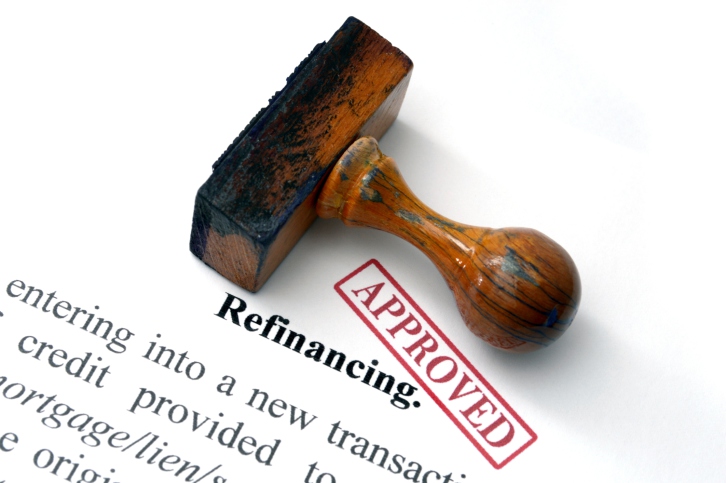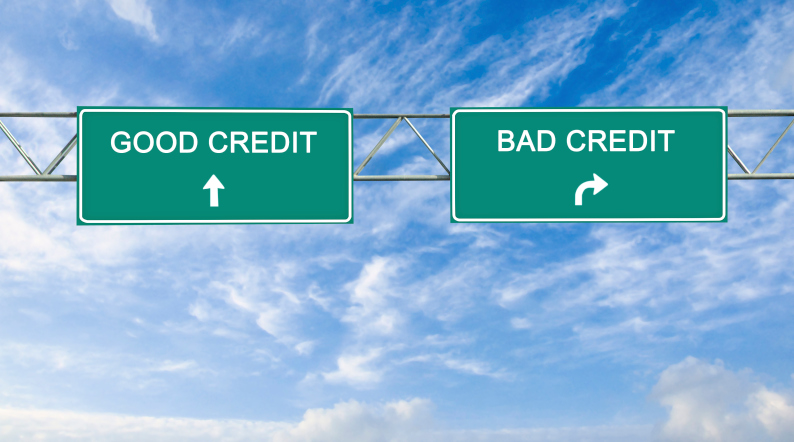Speeding Up the Close: Five Tips on How to Close Your Mortgage Loan Faster So You Can Start Moving In
 When a seller accepts an offer from a buyer, the process of obtaining the property has just begun. The buyer now has to conduct an inspection, get approval from an attorney and obtain a mortgage – all of which can be time consuming. Here are a few ways that you can speed up the mortgage process and close the deal sooner.
When a seller accepts an offer from a buyer, the process of obtaining the property has just begun. The buyer now has to conduct an inspection, get approval from an attorney and obtain a mortgage – all of which can be time consuming. Here are a few ways that you can speed up the mortgage process and close the deal sooner.
Make Sure That You Have Money For Closing Costs
Do you have the money needed for a down payment and to pay other closing and prepaid costs? If not, you won’t be able to close until you find the funds to pay those costs – and this could delay the closing on your home indefinitely. Before you arrange the mortgage, make sure you have enough cash on hand to pay closing costs.
Get Conditional Approval Before Making The Offer
If you have not been conditionally approved for a loan before making an offer, you can’t be sure that a lender will give you a loan for the amount of the purchase price. In addition, starting the process from scratch could push back the closing timeline. Having your mortgage conditionally approved means the mortgage process is already underway when you make your offer, which saves you time.
Have Your Documents Together
Get your bank statements, pay stubs and other documents together before the seller accepts your offer. Having everything that the lender needs right away decreases the time needed for a lender to assess your application before extending the loan.
Work With An Experienced Mortgage Lender
Your mortgage lender may be able to move everything along by staying on top of the loan approval process. By ensuring that documents are being processed in a timely manner, an experienced lender can reduce the closing time from months to weeks.
Create A Timeline For Repairs The Seller Is Obligated To Make
It is not uncommon for a seller to be obligated to fix certain issues with the house before the new owner takes possession. However, it is important to put these repairs the contract along with a mandatory completion date. Otherwise, the seller could drag his feet with no contractual obligation to finish any repairs before he sees fit to do so.
Closing on a home loan can take anywhere from 30 to 120 days depending on work that needs to be done on the home and how well prepared a buyer is. Contacting and working closely with your mortgage lender or broker can result in a speedy and painless close. Contact an experienced mortgage professional today for more information about closing a mortgage.

 Refinancing your existing mortgage may provide you with the opportunity to lower your interest rate, reduce your mortgage payment and adjust your loan term. For those homeowners who have lived in their home for more than a few years, pulling equity out of the property for everything from a luxurious vacation to making home improvements is a tempting potential benefit.
Refinancing your existing mortgage may provide you with the opportunity to lower your interest rate, reduce your mortgage payment and adjust your loan term. For those homeowners who have lived in their home for more than a few years, pulling equity out of the property for everything from a luxurious vacation to making home improvements is a tempting potential benefit. Before approving a mortgage, your lender is going to have to do his due diligence to ensure that you can afford a loan large enough to pay for a house. That means your lender will be asking you several questions about whether or not you can afford a mortgage.
Before approving a mortgage, your lender is going to have to do his due diligence to ensure that you can afford a loan large enough to pay for a house. That means your lender will be asking you several questions about whether or not you can afford a mortgage. If you’re thinking of buying a home, you’ve probably been thinking a lot about your credit score as well. Credit scores control so much of what we do in the world of finances, but what does your credit score really have to do with your mortgage? Here are three ways that your credit score could impact your mortgage application.
If you’re thinking of buying a home, you’ve probably been thinking a lot about your credit score as well. Credit scores control so much of what we do in the world of finances, but what does your credit score really have to do with your mortgage? Here are three ways that your credit score could impact your mortgage application.